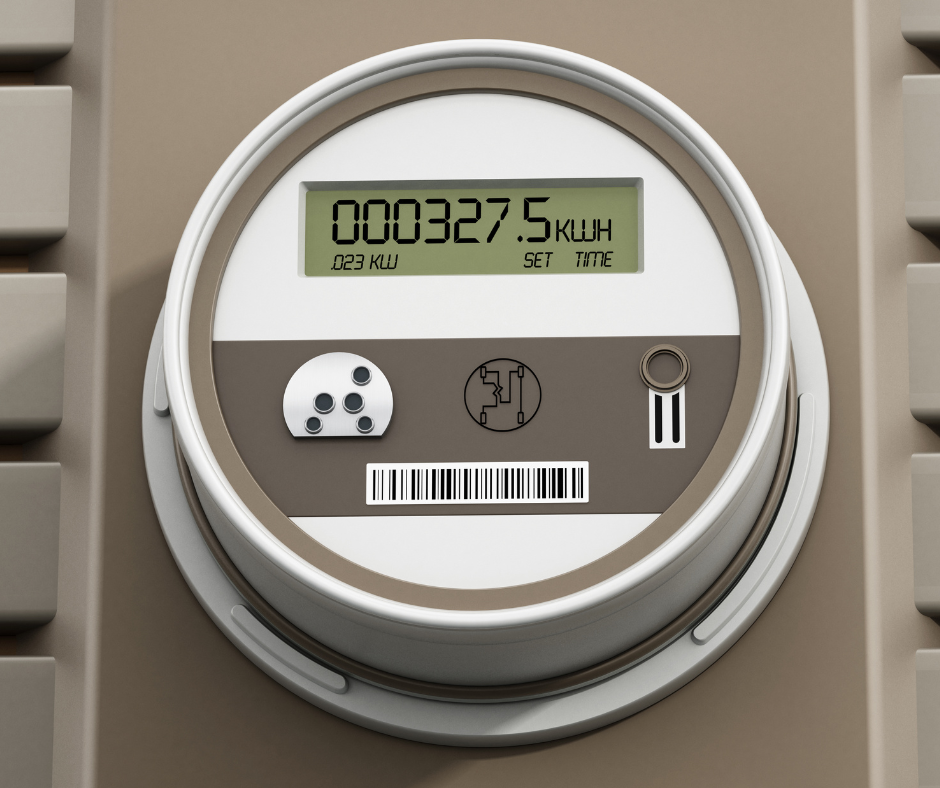Net metering programs allow solar panel owners to receive credit for excess electricity generated by their systems and sent back to the grid. The best net metering programs on the west coast vary by state, but some of the most favorable programs can be found in:
- California: California has one of the most favorable net metering policies in the country. The state’s net metering program, known as NEM 1.0, provides full retail credit to customers for excess electricity generated by their systems and sent back to the grid.
- Oregon: Oregon has a net metering program that provides customers with credit for excess electricity generated by their solar panels. The state’s program requires utilities to provide full retail credit for excess electricity, which helps encourage the growth of the solar industry in the state.
- Washington: Washington state has a net metering program that provides customers with a credit for excess electricity generated by their solar panels. The state’s program provides full retail credit for excess electricity, which helps make solar more accessible to customers in the state.
It’s important to note that net metering policies can change over time, so it’s always a good idea to check with your local utility to see what their current policies are. Additionally, some utilities may have additional incentives or programs that can make solar even more accessible and cost-effective. Overall, net metering on the west coast can help you save big!




